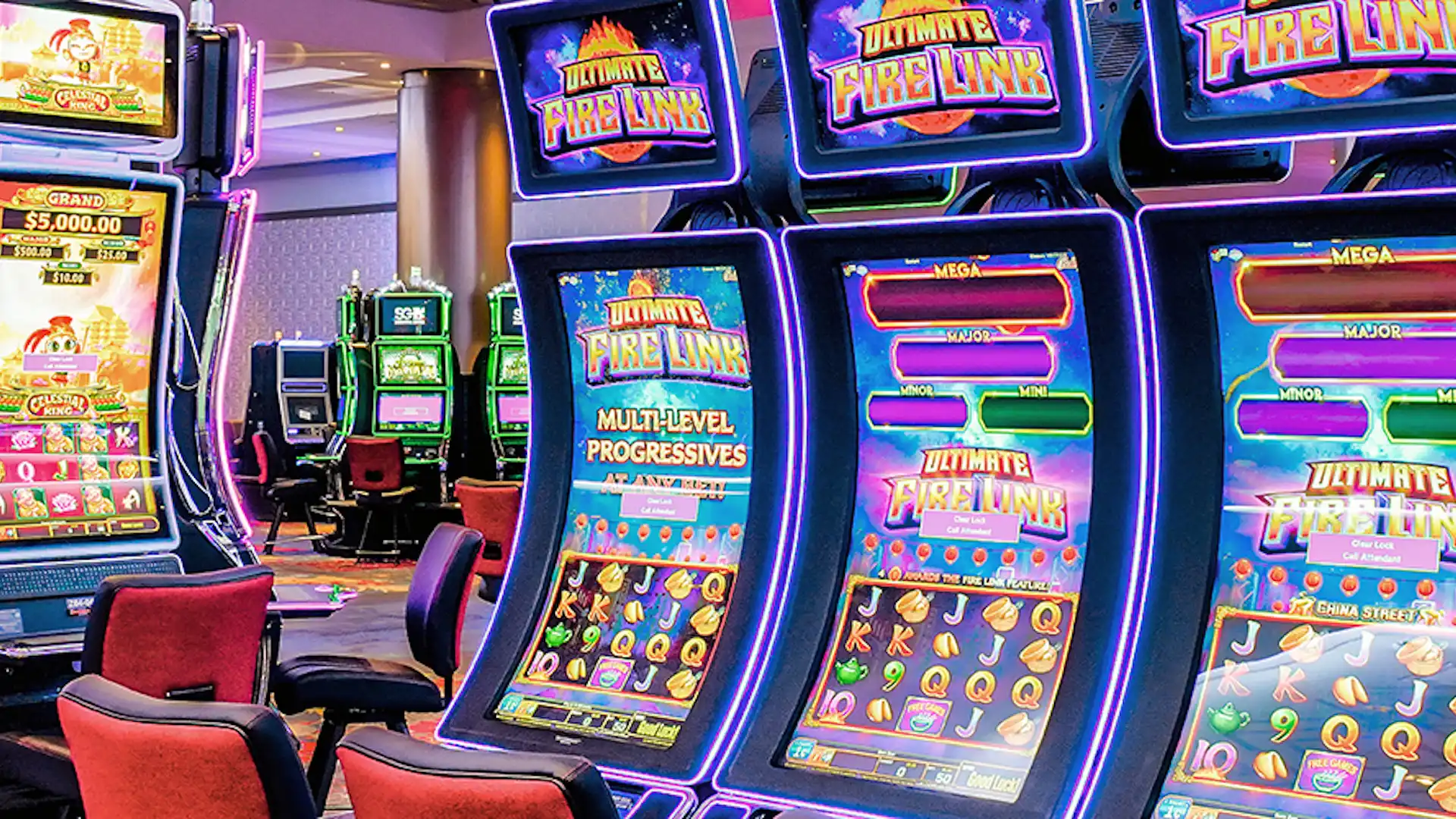
Casino experiences have captivated players over the ages, evolving from simple pastimes to sophisticated forms of entertainment that blend chance, tactics, and fun. From the early beginnings of gambling in cultures like the ancient societies of Mesopotamia and Rome to the extravagant corridors of contemporary casinos, the evolution of these games reveals much about human nature and our interaction with luck. As societies have intertwined and technology has advanced, casino games have changed, illustrating the changes in society and advancements in gameplay.
The initial iterations of gambling likely featured simple dice games and wagering on the results of sports competitions. Over time, these primitive activities grew into better-organized games like table games, the roulette wheel, and the myriad slot machines that fill the premises of casinos today. Each era brought its distinct regulations, aesthetics, and sociocultural significance. At present, casino games maintain their evolution with the rise of internet-based platforms, enabling players from various parts of the world to engage in a common experience, further blending the traditional with the modern era.
Early Roots of Gaming Games
Gambling games have origins that reach back to old societies, where betting was profoundly embedded in social traditions and social customs. The initial known forms of betting appeared in Mesopotamia around three thousand BC, including simple dice activities made from knuckle material. These initial games laid the groundwork for more complex betting games, reflecting humans’ natural desire to seek fortune and amusement through luck.
As societies evolved, so did their gambling pursuits. In historic Chinese culture, around 2300 BC, tiles were unearthed that looked like primitive basic versions of a lottery game game. More organized instances of gambling arose in the ancient Roman Empire, where activities of luck were a common recreation, often occurring in social events. The ancient Romans developed multiple betting games, which included dice and board activities, showing the widespread nature of betting across different social strata.
With the movement of years, these primitive activities shaped the development of contemporary casino games. In the medieval period, card activities grew prevalent in European culture, paving the way for the professional gambling establishments we know today. The transition from informal gambling to organized gaming in taverns and personal homes marked a major transformation in how people interacted with activities of luck, leading to the subsequent establishment of casinos as dedicated venues for betting.
The Rise of Modern Gambling Industry
The final 20th century marked a pivotal shift in the world of gaming, fueled by technological advancements and transformations in societal views towards gambling. The introduction of personal computers and the internet transformed the way gamblers interacted with their beloved games. Virtual casinos emerged, allowing gamers to enjoy traditional table games like Texas Hold’em and 21 from the convenience of their homes. https://mksport.bid/ This new digital landscape not only broadened access to gambling options but also drew in a newer audience who found the convenience and variety tempting.
As online gambling gained momentum, so did innovations in casino tech. The creation of sophisticated programs and visual elements converted conventional gambling games into captivating experiences. Gamblers could now connect with realistic live dealers through live feeds, importing the vibe of brick-and-mortar casinos directly into their homes. This blending of live gaming with online platforms created a new hybrid model that elevated the social aspect of playing, allowing it possible for people to engage and compete with others around the globe.
Additionally, the emergence of mobile gaming significantly changed the gambling environment. With the widespread use of smartphones and touch devices, players can access their favorite gaming options at any location, whenever. Mobile apps offer a vast array of options tailored for mobile screens, serving the fast-paced lifestyle of contemporary gamers. This easy access has resulted in increased participation in casino games, contributing to the surge of the gambling sector. As a result, the prospects of casino gaming continues to progress, adapting to new technologies and changing player expectations.
The Impact of Technology on Casino Games
The evolution of technology has greatly changed casino games, enhancing the overall gaming experience for players around the world. As the internet emerged, online casinos emerged, allowing players to enjoy their favorite games from the safety of their own homes. This shift not only made casino games more available but also expanded the variety of games available, as online platforms could host numerous variations of traditional games without the limitations of brick-and-mortar establishments.
The rise of mobile technology further revolutionized the casino gaming landscape. With the proliferation, players now have the ability to engage in casino games whenever and wherever they want. This mobility has resulted in the development of dedicated mobile applications and optimized websites that offer smooth gaming experiences. Additionally, advancements such as live dealer games have delivered the genuine feel of a casino into players’ homes, connecting between physical and online gaming.
Furthermore, advancements in artificial intelligence and virtual reality are paving the way for the next generation of casino games. AI enhances game design and player interaction, creating tailored experiences based on user behavior and preferences. mksport Meanwhile, virtual reality provides immersive environments where players can interact in a simulated casino setting, making the gaming experience more engaging and realistic. As technology continues to evolve, the future of casino games seems bright, filled with limitless opportunities for advancements and entertainment.